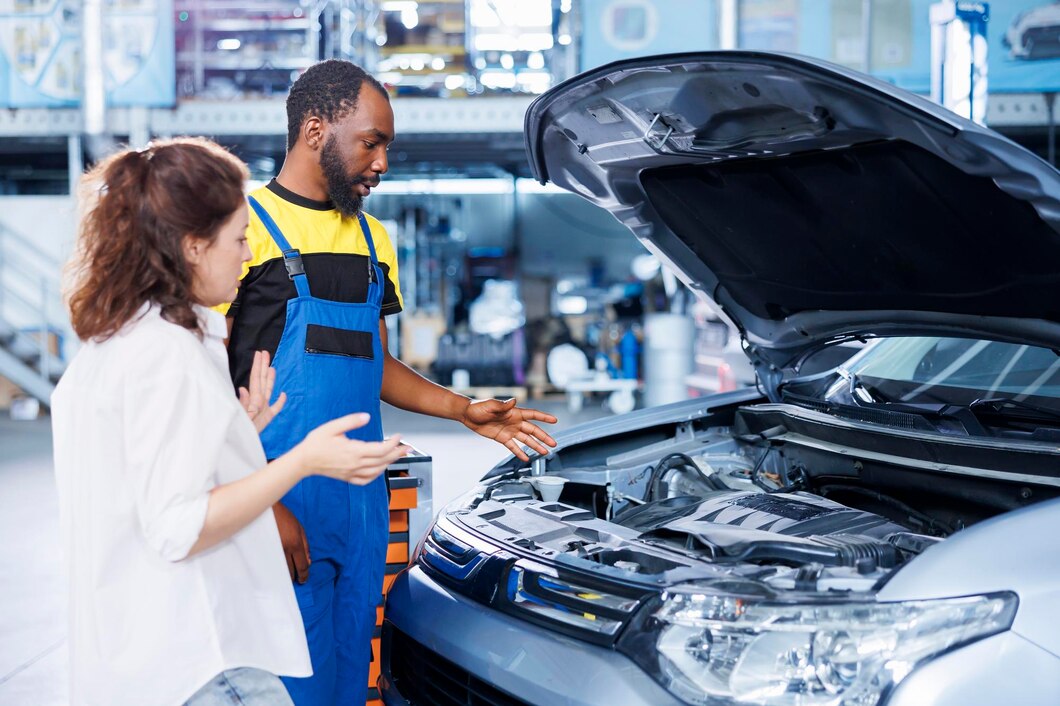Buying a car is a significant investment, and ensuring its quality and reliability is crucial. One of the most vital steps in this process is conducting a thorough inspection before finalizing the purchase. Here’s why it matters:
1. Identifying Hidden Issues:
A car may look pristine on the surface but could hide underlying problems that aren’t immediately apparent. A detailed inspection helps uncover issues such as engine problems, transmission issues, frame damage, or signs of previous accidents.
2. Assessing Safety and Reliability:
Safety should always be a top priority when purchasing a vehicle. An inspection ensures that critical safety features like brakes, tires, suspension, lights, and seatbelts are in proper working condition. This not only protects you and your passengers but also ensures the car meets legal safety standards.
3. Estimating Repair and Maintenance Costs:
By identifying any existing or potential issues during the inspection, you can estimate the costs of repairs and maintenance. This information is crucial for negotiating the price with the seller or budgeting for necessary repairs post-purchase.
4. Verifying Vehicle History:
An inspection often includes checking the vehicle’s history through VIN (Vehicle Identification Number) reports. This helps verify important details such as ownership history, accident records, title status (clean or salvaged), and service records. Any discrepancies can be clarified before committing to the purchase.
5. Peace of Mind:
Knowing that the car has been thoroughly inspected gives you confidence in your purchase decision. It reduces the risk of unexpected breakdowns or safety issues cropping up soon after buying the vehicle.
6. Compliance with Regulations:
Depending on your location, there may be legal requirements regarding vehicle inspections for registration purposes. Ensuring the car meets these standards can prevent future complications and legal issues.
7. Professional Assessment:
While buyers can conduct a basic inspection themselves, hiring a professional mechanic or inspection service is advisable. These experts have the training and experience to identify both minor and major issues that an average buyer might miss.
Investing time and possibly some money in a comprehensive car inspection before purchase is a wise decision. It helps protect your investment, ensures safety, and provides peace of mind knowing you’re making an informed choice. Whether buying from a dealership or a private seller, a thorough inspection is your best defense against potential problems down the road.
By prioritizing a pre-purchase inspection, you’re not only safeguarding your financial investment but also ensuring the vehicle meets your expectations in terms of safety, reliability, and overall quality. This proactive approach sets the foundation for a satisfying ownership experience, free from unexpected surprises.











